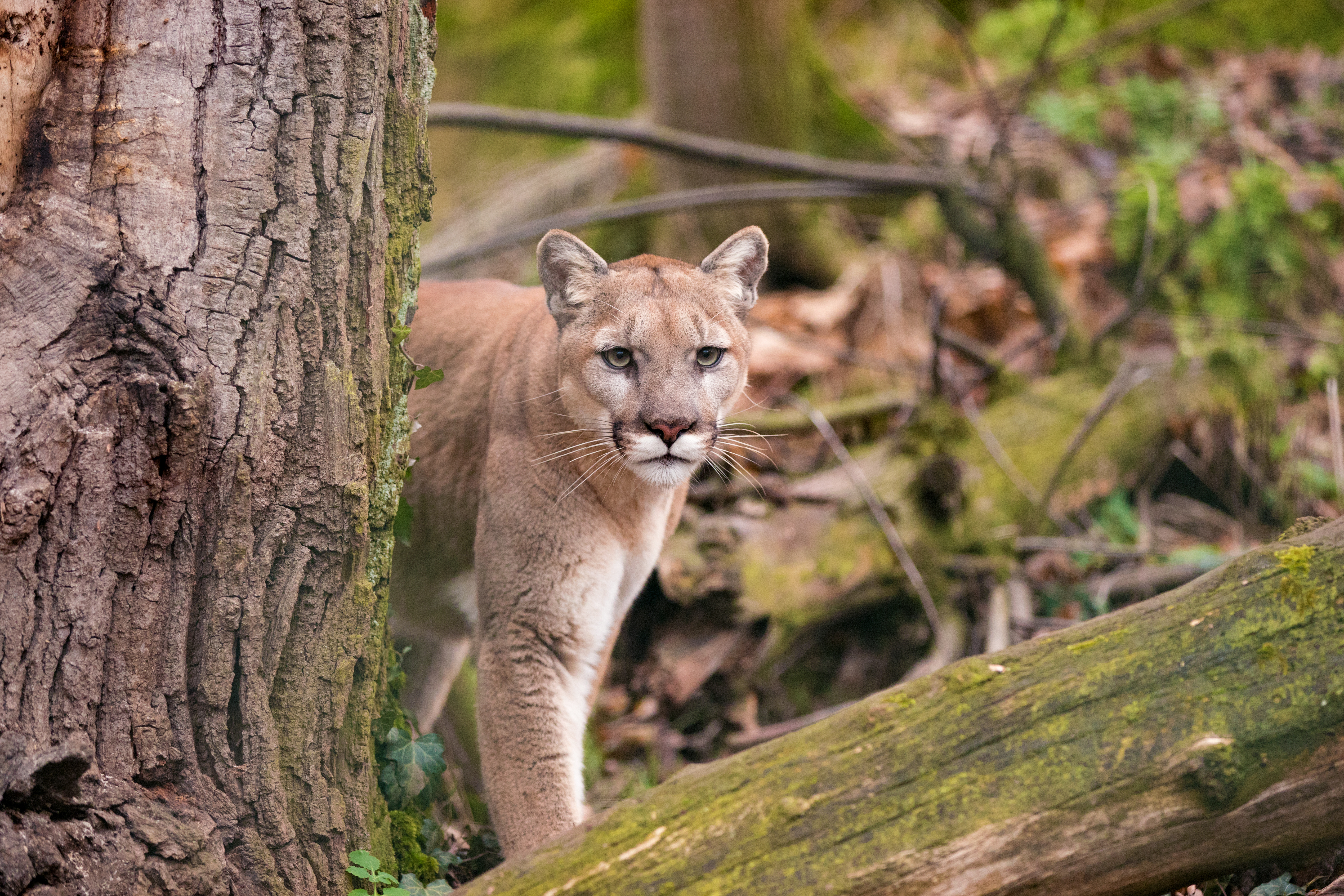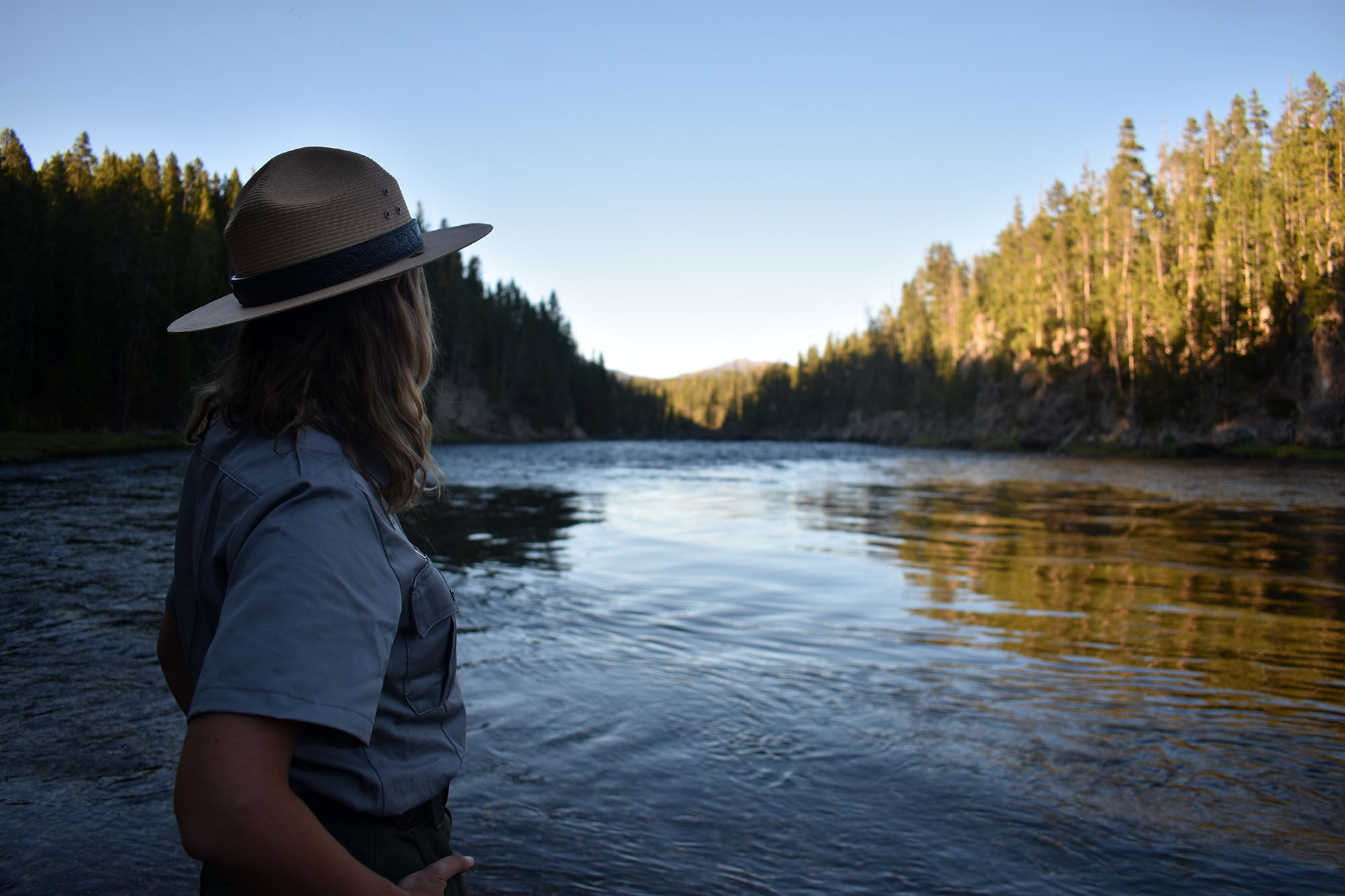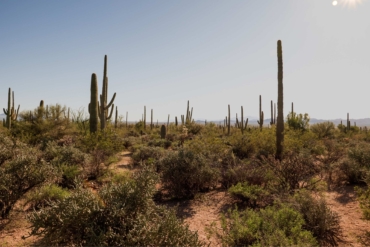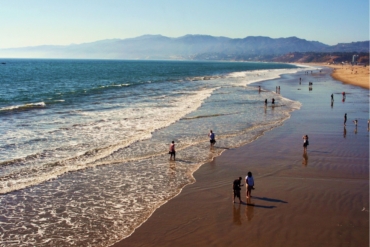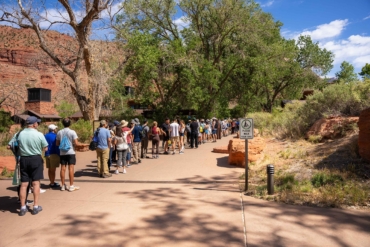In yet another twist to the enduring saga of mining near the Boundary Waters Canoe Area Wilderness, a federal judge sided with the Trump administration’s renewal of copper-nickel mining leases over the Rainy River Watershed.
In a 32-page decision handed down Tuesday, Judge Trevor McFadden ruled the Trump administration acted lawfully in 2018 when it renewed Twin Metals’ mining leases on 5,000 acres of Superior National Forest in Minnesota — a move that retracted an Obama-era ban on mining there.
The ruling marked a defeat for environmental groups and small businesses alike, who had banded together to sue the Interior Department over concerns heavy metal mining would irrevocably harm the ecosystem — and tourism — in the BWCAW.
“This is a slap in the face to science, the rule of law, the Boundary Waters and the American people. We vow to continue the fight and will be appealing this misguided ruling,” Becky Rom, national campaign chair for Save the Boundary Waters, said in an email.
But McFadden disagreed. “The Court agrees with Interior,” the Trump-appointed judge wrote. “Because Interior has inherent authority to timely reconsider its prior decisions and reasonably did so here, the Court will grant summary judgment to the Defendants.”
Twin Metals: Copper-Nickel Mining Near Boundary Waters
Tuesday’s judgment marked the latest chapter in a story that has continued to seesaw, at times favoring opponents of the mine and at times paving the way for extractive industries.
Twin Metals, owned by Chilean company, Antofagasta, argues its held mining leases over the Rainy River Watershed for more than a half-century, leases that were due for renewal in 2016.
But in the leadup to that decision, environmental advocates pointed out that sulfide-ore copper mining posed a much greater risk to the pristine wilderness than taconite iron ore mining — an industry that has historically sustained much of the region.
Soon after, many small businesses in the area lent their collective voice to the cause. The group argued that the health of the million-acre BWCAW remained critical to the economic health of the region.
In 2016, the Obama administration allowed the leases to lapse and imposed a 2-year moratorium on any mining in the area, citing conclusions by the U.S. Forest Service that mining could cause “serious and irreparable harm” to an “irreplaceable wilderness area.”
It also tapped the Bureau of Land Management to conduct an extensive environmental impact study that, based on its findings, could have halted any mining new the BWCAW for up to 20 years. But in 2018, President Trump’s administration rescinded that order, canceling the study far ahead of schedule and potentially opening up mining on up to 234,000 acres of Superior National Forest.
Opponents sued to stop the Chilean-owned company from moving ahead. But this week’s decision once again leaves the BWCAW open to the extraction of around 20,000 tons of ore a day, according to the Star Tribune.
Save the Boundary Waters and affiliated groups vowed to appeal the ruling.


